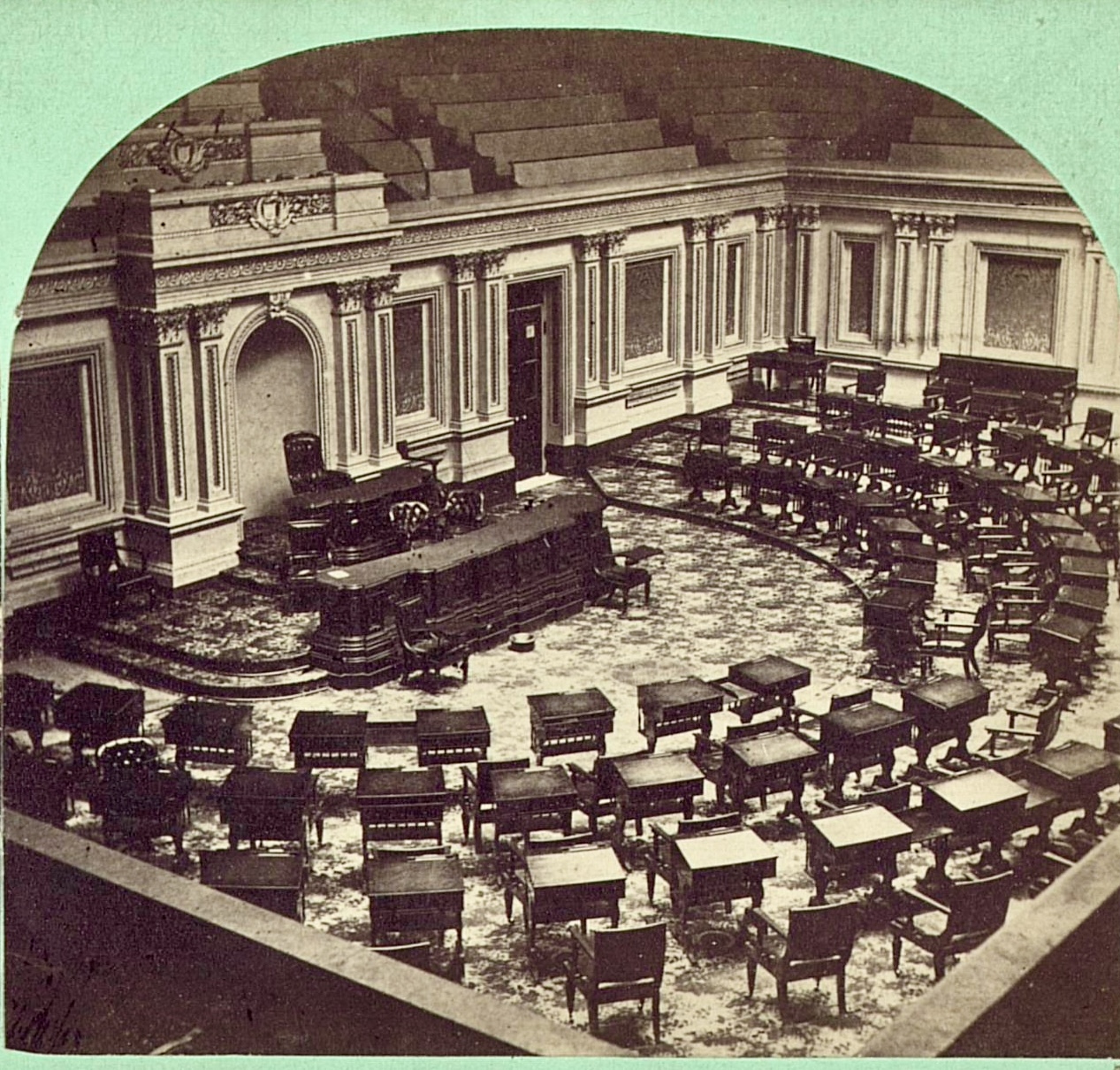When Colombian President Gustavo Petro took to social media with a rambling 3,000-word manifesto calling President Trump a “monster” and organizing anti-American rallies, he inadvertently provided the perfect case study in how America First leadership exposes the fundamental weakness of socialist governance.
Petro’s theatrical outrage stems from Trump’s swift suspension of U.S. payments and subsidies to Colombia—a textbook example of how economic leverage works when wielded by leaders who actually prioritize American interests. For decades, Colombian administrations have grown comfortable depending on American taxpayer generosity while allowing their nation to become a narcotics superhighway flooding our communities with deadly drugs.
The numbers tell the real story behind Petro’s desperation. Under his administration, Colombia has experienced a dramatic surge in illegal drug production, with coca cultivation reaching record levels. While American families bury loved ones lost to fentanyl and other narcotics, Petro’s government has systematically undermined counter-narcotics efforts that previous Colombian leaders supported. His anti-Trump rallies represent nothing more than political theater designed to distract from these devastating domestic failures.
What makes this diplomatic confrontation particularly revealing is how quickly Petro resorted to authoritarian tactics when faced with American pressure. His baseless accusations of coup attempts and calls for military disobedience follow the classic playbook of failing leftist regimes that blame external forces for their self-inflicted wounds. This behavior pattern—from Venezuela’s Maduro to Nicaragua’s Ortega—demonstrates how socialist ideology inevitably corrupts democratic institutions.
Trump’s firm response illustrates the constitutional principle that American foreign policy should serve American interests, not global opinion or international bureaucratic preferences. By immediately suspending financial support to a hostile regime, the administration sent a clear message that partnership requires mutual respect and shared objectives. This approach represents a refreshing departure from decades of diplomatic appeasement that treated anti-American rhetoric as merely colorful local politics.
The broader strategic implications extend far beyond Colombia’s borders. Petro’s alliance with other socialist leaders across Latin America creates a natural opportunity for America to strengthen relationships with genuinely democratic partners in the hemisphere. Nations watching this confrontation must now choose between productive partnership with the United States or ideological solidarity with an increasingly unstable Colombian regime.
From a constitutional perspective, Trump’s handling of this crisis demonstrates proper executive leadership that recognizes foreign policy as fundamentally about advancing American security and prosperity. The Founders understood that diplomatic weakness invites aggression, while principled strength creates space for mutually beneficial relationships with nations that share our values.
Petro’s deterioration of what he himself called “200 years” of U.S.-Colombia relations showcases how quickly leftist ideology can destroy beneficial partnerships that took generations to build. His transformation from a former guerrilla fighter to president has brought the same destructive mindset that once terrorized Colombian civilians into the highest levels of government.
For American patriots, this confrontation offers valuable lessons about the effectiveness of economic leverage when deployed by leaders committed to putting America first. Rather than endless diplomatic negotiations that achieve nothing while problems worsen, Trump’s approach demonstrates how swift, decisive action can immediately alter the behavior of hostile foreign leaders.
The path forward requires continued vigilance as other Latin American governments reveal their true priorities through their responses to this crisis. Nations that prioritize regional stability and genuine democratic governance will naturally align with American leadership, while those committed to socialist ideology will expose themselves through their solidarity with Petro’s failing regime.
This Colombia crisis perfectly illustrates why American voters chose leadership that treats foreign policy as a tool for advancing our national interests rather than winning approval from international elites. When America leads with strength and purpose, hostile actors naturally expose themselves while genuine partners step forward to fill the void.





